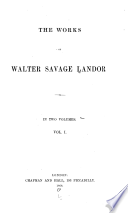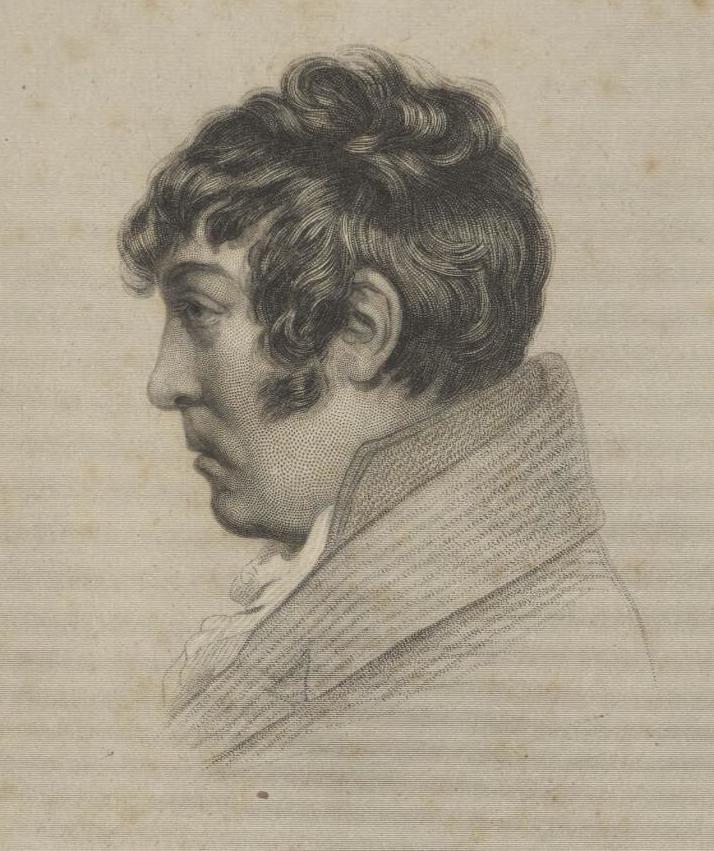"Barrow and Newton".
Imaginary Conversations (1824-1829)
Works

Imaginary Conversations
Walter Savage LandorRose Aylmer
Walter Savage LandorFamous Walter Savage Landor Quotes
"Aesop and Rhodopè", I.
Imaginary Conversations (1824-1829)
Reported in Josiah Hotchkiss Gilbert, Dictionary of Burning Words of Brilliant Writers (1895), p. 8.
Walter Savage Landor Quotes
“When a cat flatters… he is not insincere: you may safely take it for real kindness.”
Source: Imaginary Conversations
Gebir, Book I (1798). Compare: "Murmurings, whereby the monitor expressed/ Mysterious union with his native sea", William Wordsworth, The Excursion (1814), Book iv. Wordsworth's prompted Landor to comment, "Poor shell! that Wordsworth so pounded and flattened in his marsh it no longer had the hoarseness of a sea, but of a hospital", Walter Savage Landor, Letter to John Forster.
Epitaph on Dirce - George Orwell called it 'one of the best epitaphs in English - If I were a woman it would be my favourite epitaph-it would be the one I should like to have for myself." - quoted in Orwell:Collected Works, It is What I Think, p. 45.
To Robert Browning (1846). Compare: "Nor sequent centuries could hit/ Orbit and sum of Shakespeare's wit", Ralph Waldo Emerson, May-Day and Other Pieces, Solution.
Dry Sticks, Different Graces (1858).
Reported in Josiah Hotchkiss Gilbert, Dictionary of Burning Words of Brilliant Writers (1895), p. 33.
"Cromwell and Noble".
Imaginary Conversations (1824-1829)
"Chesterfield and Chatham".
Imaginary Conversations (1824-1829)
I Strove with None (1853). The work is identified in Bartlett's Quotations, 10th edition (1919) as Dying Speech of an old Philosopher.
Quoted in W. Somerset Maugham: The Razor's Edge, The Blakiston Company, Philadelphia, 1944, p. 161.
“Ambition is but Avarice on stilts and masked.”
"Lord Brooke and Sir Philip Sidney".
Imaginary Conversations (1824-1829)
“The Siren waits thee, singing song for song.”
To Robert Browning (1846).
The last Fruit of an old Tree, Epigram cvi, reported in Bartlett's Familiar Quotations, 10th ed. (1919).
Gebir, Book I (1798). It is reported that "these lines were specially singled out for admiration by Shelley, Humphrey Davy, Scott, and many remarkable men"; Bartlett's Familiar Quotations, 10th ed. (1919), citing Forster, Life of Landor, vol. i. p. 95.
